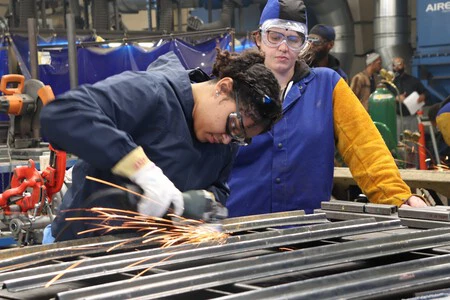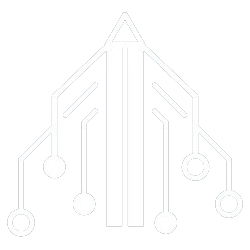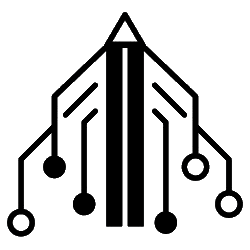OpenAI itself has carried out research on the impact that the potential of GPT and its language models will have on the labor market. The study, focused on the United States, found that about 19% of workers could be affected at least 50% of your tasks.
What is interesting is that the influence extends to all salary levels, “with higher income jobs potentially more exposed” to being replaced (in principle a part of their tasks) by these artificial intelligences like ChatGPT or GPT-4.
That is those jobs that are paid more right now, are more at risk of being replaced by technology. But the company’s own research also shows us that There are 34 jobs that will hardly find someone to replace their jobs.
It is worth mentioning that a few days ago, Sam Altman, leader of OpenAI, had to testify in front of the United States Congress for all the news that its artificial intelligence is bringing to the world (and will bring, without the company revealing plans for the future) and this has led to its name once again being widely mentioned in the media.
ZAO, the Chinese MOBILE APP that through DEEPFAKE turns you into DICAPRIO in SECONDS
The 34 professions least likely to be replaced

There are professions, according to research by OpenAI, that will not be able to be replaced by the revolutionary ChatGPT or by GPT-4 or other language models. They are very physical activities (be careful, This does not mean that they cannot be replaced by other types of machines.since we all know that for decades, many physical tasks are done by machines.
Of all these professions that, for now, are safe from OpenAI’s artificial intelligence, the company talks about them as “Occupations without exposed tasks”, always, of course, within their projects in the market. That is to say, that there may be other companies or themselves in the future that do launch machines that can replace tasks of these jobs.
These professions are:
– Agricultural machinery operators
– Athletes and sports competitors
– Car glass installers and repairers
– Bus and truck mechanics and diesel engine specialists
– Cement masons and concrete finishers

– Fast food chefs
– Manual clippers and trimmers (so says the OpenAI document, although hairdressers could come in here) – Oil and gas, derrick operators
– Dining room and cafeteria assistants and waiter assistants
– Dishwasher
– Dredge operators (machines that dredge water in rivers or seas)
– Installers and repairers of electrical lines
– Operators of digging and loading machines and draglines, surface mining
– Installers of floors, except carpet, wood and hard tiles
– Manufacturers of molds or metal casting
– Helpers for masons, stonemasons and tile and marble installers
– Carpenters helpers
– Assistants to painters, plasterers and stucco workers
– Plumbers helpers, plumbers, pipefitters and steamers
– Roofers helpers
– Meat, poultry and fish cutters and trimmers
– Motorcycle mechanics
– Operators of paving, resurfacing and tamping equipment
– Pile drivers
– Metal pourers and turners
– Operators of railway laying and maintenance equipment
– Repairers of refractory materials, except masons
– Butchers and meat packers
– Stonemasons
– Sharpeners
– Repairers and tire changers
– Well pumpers
In Genbeta | One of the men who has done the most for artificial intelligence can no longer sleep: this is what he fears from AI, after leaving Google
Images | NOAA on Unsplash and PTTI EDU on Unsplash


